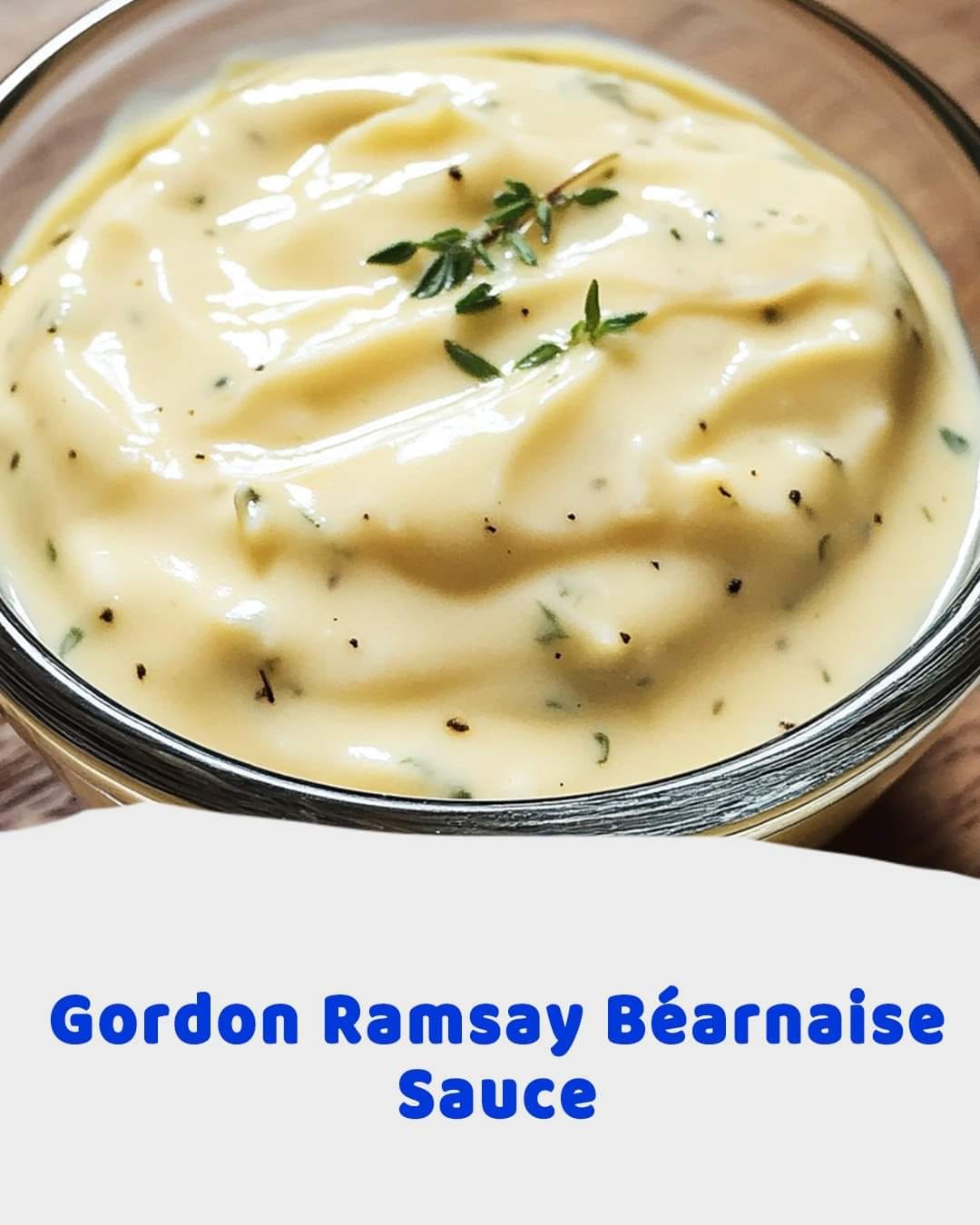ADVERTISEMENT
### Instructions
#### 1. Prepare the Tarragon Reduction:
In a small saucepan, combine the white wine vinegar, white wine, chopped shallots, and half of the tarragon leaves. Bring the mixture to a simmer over medium heat, stirring occasionally. Allow it to cook for about 5-7 minutes, or until the liquid reduces by half. This step helps to concentrate the flavors and infuse the vinegar with the essence of tarragon and shallots.
Once the reduction is ready, strain the mixture through a fine-mesh sieve into a clean bowl. Discard the solids, leaving behind the aromatic reduction.
#### 2. Whisk the Egg Yolks:
Next, set up a double boiler by filling a heatproof bowl with water (making sure the bowl doesn’t touch the water) and bring it to a simmer. In a separate bowl, whisk the egg yolks. Add the warm tarragon reduction to the egg yolks, a little at a time, whisking constantly to avoid curdling. The goal is to temper the eggs gently with the warm reduction.
Place the bowl over the simmering water and continue to whisk vigorously. You’re looking for the mixture to thicken to a custard-like consistency. This process may take a few minutes, so be patient and keep whisking.
#### 3. Add the Butter:
Once the egg mixture is thickened and velvety, it’s time to incorporate the melted butter. Slowly drizzle the melted butter into the egg yolk mixture while continuously whisking to ensure the butter emulsifies properly. The sauce should become rich and creamy.
If the sauce becomes too thick, you can thin it out by adding a small amount of warm water, one teaspoon at a time, until you reach the desired consistency.
#### 4. Season and Finish:
Once the sauce is smooth and creamy, season with salt and freshly ground black pepper to taste. If you prefer a bit of extra tang, a small squeeze of lemon juice can brighten up the flavors.
Stir in the remaining chopped fresh tarragon for an aromatic finish. The final sauce should have a perfect balance of richness from the butter and a delicate herbaceous note from the tarragon.
#### 5. Serve:
Serve the Béarnaise Sauce immediately with your favorite dishes. It pairs beautifully with steaks, grilled fish, roasted vegetables, and even eggs. If you’re preparing a special meal, drizzle it over a perfectly cooked steak for an elevated dining experience that will impress your guests.
### Tips for Perfect Béarnaise Sauce:
– **Temperature Control:** It’s crucial to keep the temperature of your double boiler at a gentle simmer, not a rolling boil, to avoid scrambling the eggs.
– **Consistency Adjustments:** If the sauce is too thick, you can add a little warm water, but be careful not to overdo it. If it’s too thin, continue whisking until it thickens to your liking.
– **Straining the Reduction:** Straining the shallot and tarragon reduction ensures that the sauce remains smooth and silky, free from any gritty bits.
– **Butter Temperature:** Make sure the butter is melted and warm, but not too hot, to prevent the sauce from breaking.
### Why You’ll Love Gordon Ramsay’s Béarnaise Sauce:
Gordon Ramsay’s Béarnaise Sauce is a true showstopper that transforms any dish into something special. The sauce is rich, velvety, and packed with the complex flavors of tarragon, shallots, and wine. Its luxurious texture and balance of acidity and creaminess make it the perfect accompaniment to grilled steaks, fish, or even roasted vegetables.
What makes this Béarnaise Sauce stand out is the precision and technique Ramsay uses to create a smooth, glossy finish without the usual fussiness of traditional recipes. With a little practice, you’ll be able to replicate this classic sauce in your own kitchen and impress everyone at the table with your culinary skills.
So, whether you’re cooking up a special meal or just want to add a touch of elegance to your everyday dishes, Gordon Ramsay’s Béarnaise Sauce is the perfect recipe to have in your repertoire. It’s a true testament to the art of French cooking and an excellent way to elevate your meals to gourmet levels.
ADVERTISEMENT
ADVERTISEMENT
